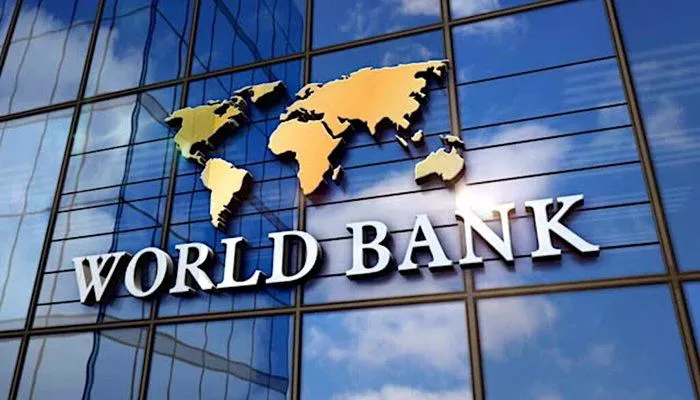Municipalities in low- and middle-income countries face significant challenges in securing financing for urban infrastructure projects, according to a new report from the World Bank. Despite the urgent need for investment, current funding levels remain insufficient to meet these demands.
The report, titled Unlocking Subnational Finance: Overcoming Barriers to Finance for Municipalities in Low- and Middle-Income Countries, reveals that financing for municipal projects is currently a small fraction of the actual needs. While most investments in urban infrastructure are still financed through public funds, it’s clear that these resources alone are not enough to address the growing infrastructure gap. To fill this gap, municipalities must rely more heavily on private and commercial financing sources.
The World Bank’s report identifies three key barriers that restrict the flow of repayable financing to municipalities. These barriers include challenges on the demand side, supply side, and within the regulatory environment. These factors prevent municipalities from effectively mobilizing finance and attracting investment from the private sector.
To tackle these issues, the report recommends several strategies. It calls for stronger financial management at the municipal level, better data collection, and increased absorptive capacity to handle new investments. It also stresses the need for reforms in regulatory frameworks, which currently impede the flow of finance. On the supply side, the report advises that interventions should be cautious and strategic to help mitigate investment risks and encourage private sector involvement.
Ultimately, the report emphasizes that national governments, municipalities, and development partners must work together to overcome these obstacles. The World Bank’s findings aim to guide stakeholders in unlocking the potential for private and commercial financing in municipal infrastructure, which is crucial for the development of urban areas in these countries.
Related Topics:
Government Launches Financial Services Competitiveness Programme
What’s New in the 2025 Spring Memorandum for International Businesses?
Thailand’s Central Bank Pushes for Inclusive Digital Finance in ASEAN

